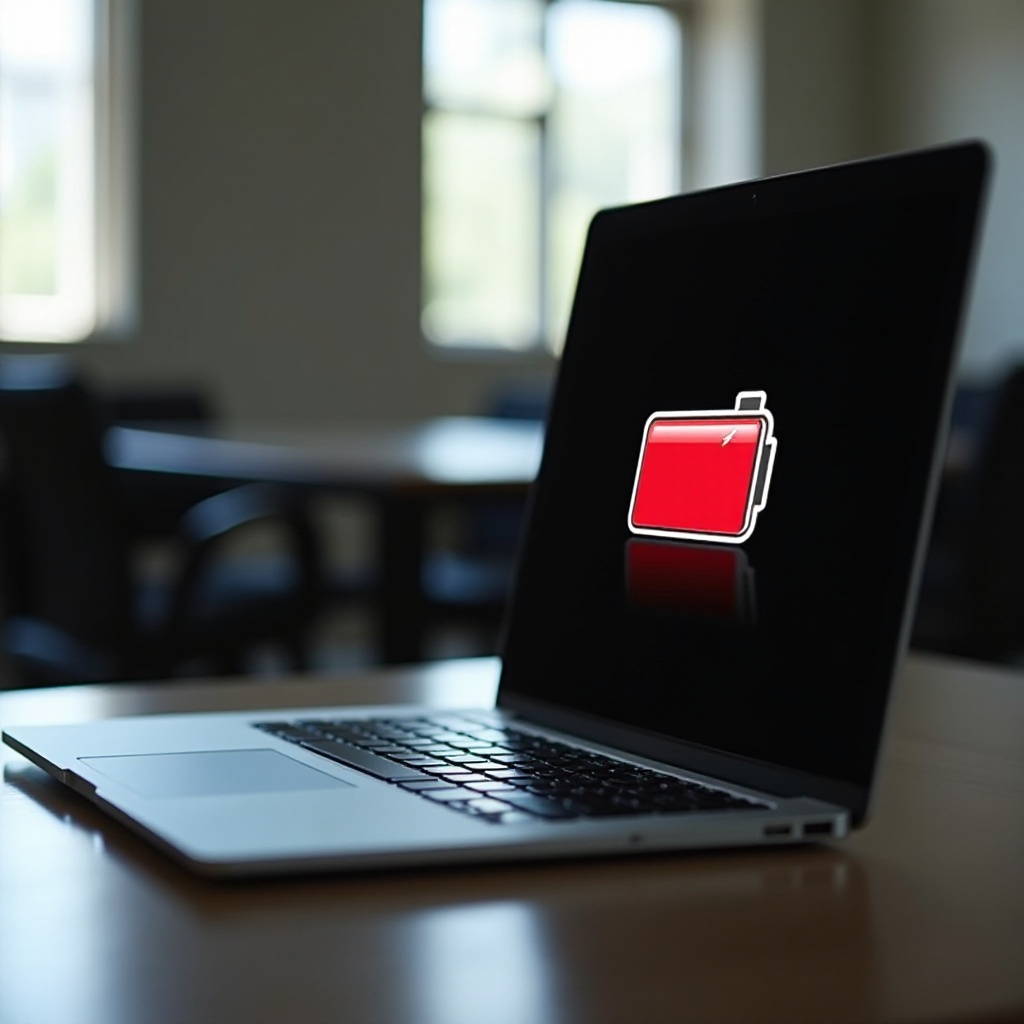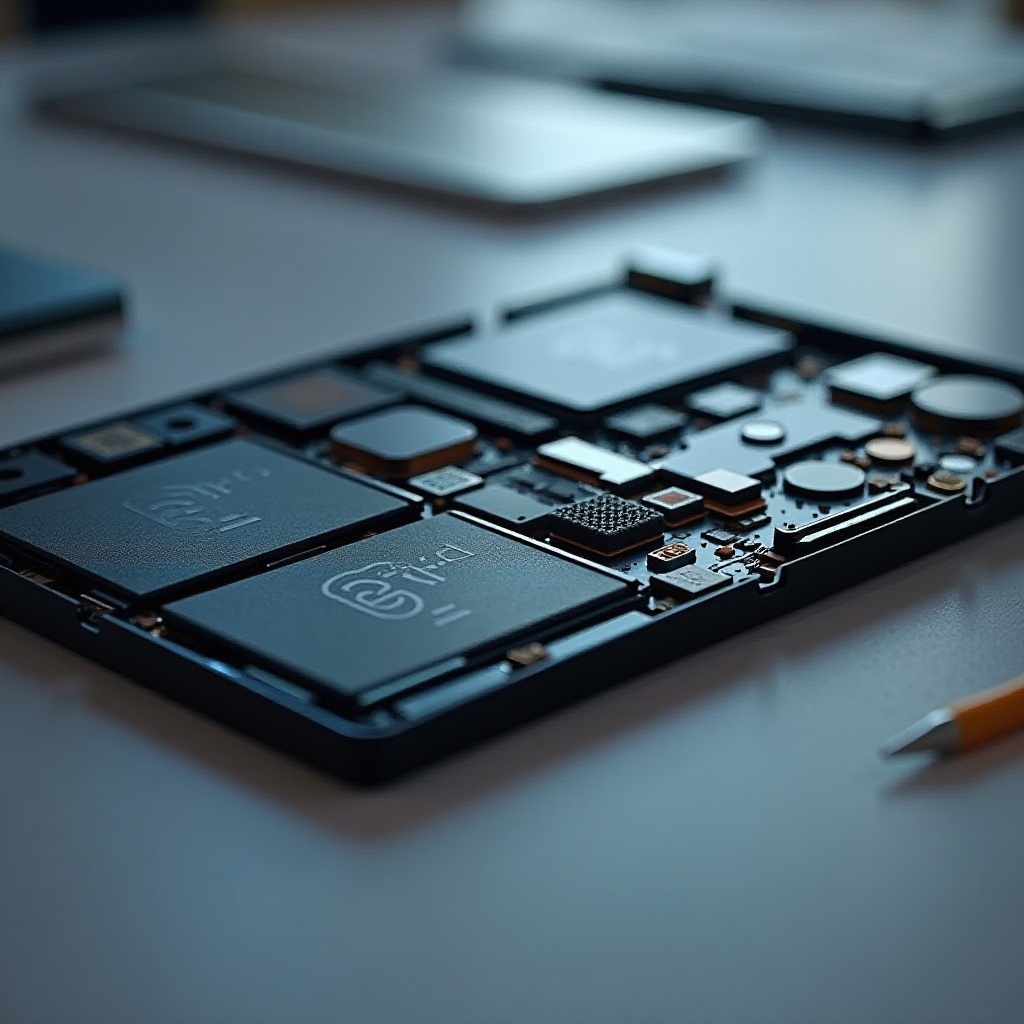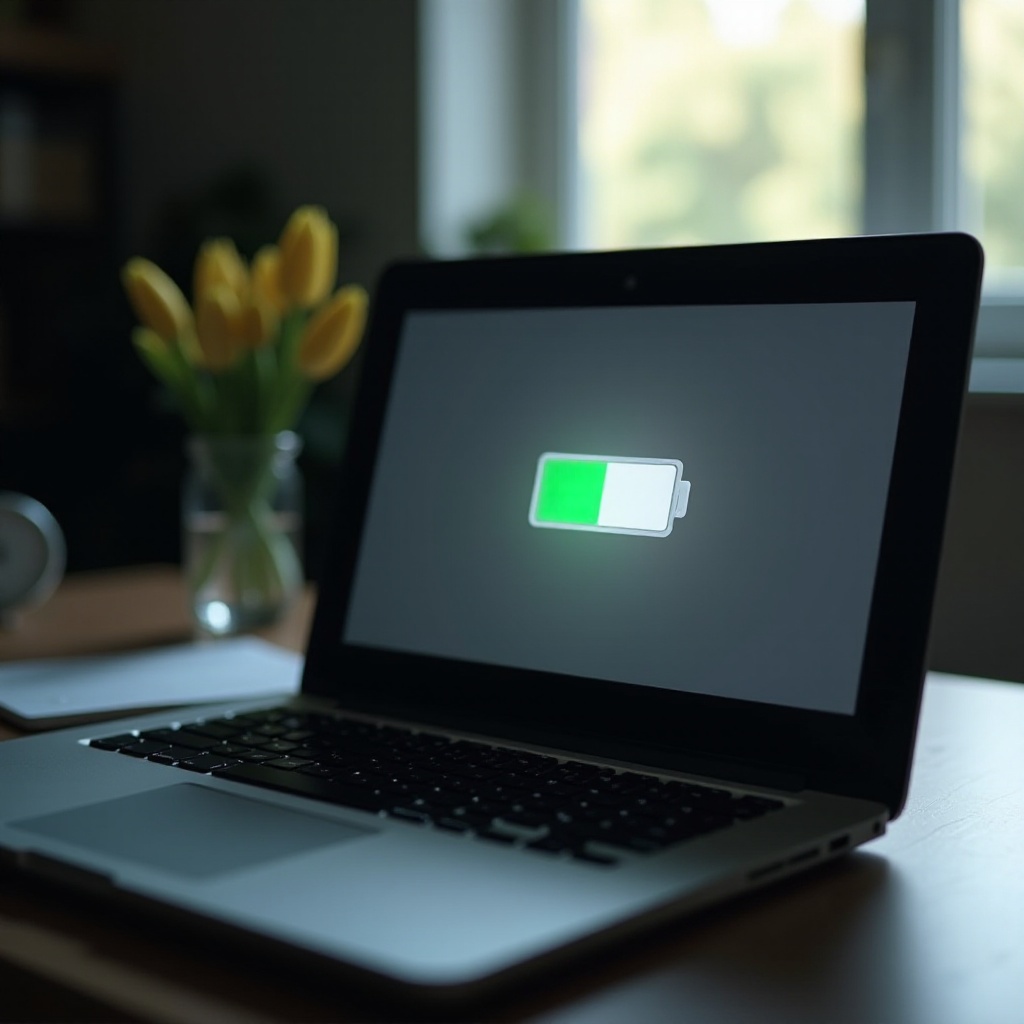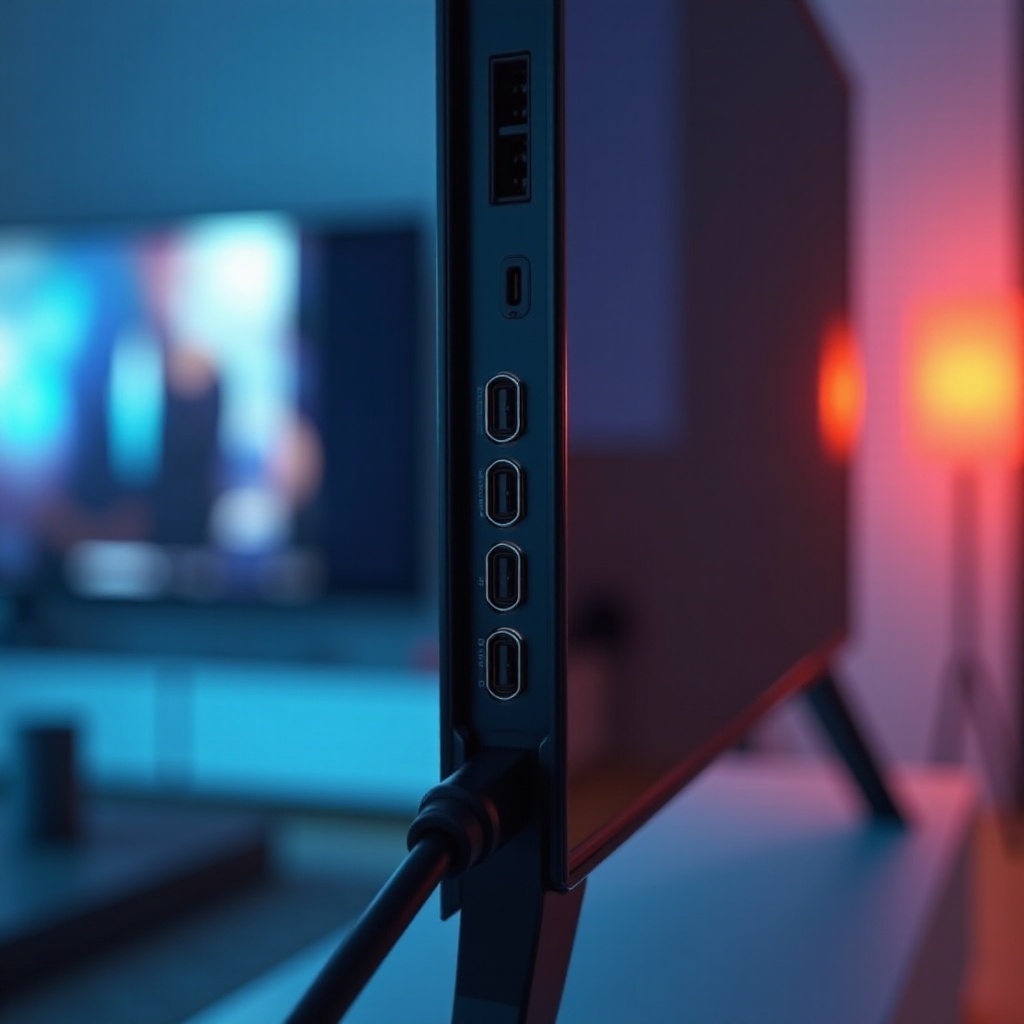Can Laptop Battery Completely Die?
Introduction
Laptop batteries are essential for maintaining portability and productivity on the go. However, they can sometimes cause frustration when they start showing signs of wear or unexpected behavior. This article addresses the fundamental question many users have: can a laptop battery completely die? Understanding the signs, causes, and preventative measures can help you manage your laptop battery more effectively and extend its lifespan.

How Laptop Batteries Work
Understanding the basics of how laptop batteries work is crucial to grasping why and how they can fail.
Common Types of Laptop Batteries
Most modern laptops use Lithium-ion (Li-ion) batteries. These batteries are popular due to their high energy density and long lifespan. They use lithium ions to move between the anode and cathode to produce power.
Basic Functioning and Charging Cycle
Laptop batteries function through a series of charging and discharging cycles. Each cycle is when a battery goes from 0% to 100% charge and back down. These cycles contribute to the gradual wear and tear of battery cells over time, reducing the overall capacity.

Signs of a Dying Laptop Battery
Identifying the signs of a dying laptop battery helps you understand when it’s time for maintenance or replacement.
Performance Symptoms
- Rapid Discharge: The laptop battery depletes much quicker than it used to.
- Unexpected Shutdowns: The laptop turns off abruptly even when the battery indicator shows a remaining charge.
Physical Symptoms
- Swelling: A visible bulge in the battery can indicate severe wear and the risk of malfunction.
- Overheating: The laptop becomes excessively hot during use, indicating battery stress.

Factors Leading to Complete Battery Failure
Several factors can cause a laptop battery to completely die. These can be mitigated with proper care.
Aging and Wear Over Time
Laptop batteries wear out naturally over time due to repeated charging cycles. Every battery has a limited number of cycles before its capacity starts to degrade significantly.
Improper Charging Habits
Practices such as leaving the laptop plugged in constantly or overcharging can shorten battery life. Conversely, letting the battery drain to 0% frequently can also be harmful.
Exposure to Extreme Temperatures
Exposing your laptop to high temperatures can degrade the battery faster. Similarly, operating in very cold conditions can lead to a decrease in performance and longevity.
Prevention and Maintenance
Properly maintaining your laptop battery can significantly delay its decline.
Best Practices for Prolonging Battery Life
- Avoid Extreme Temperatures: Keep your laptop in a cool, dry place as much as possible.
- Partial Charging: Instead of always charging to 100% or letting it fall to 0%, aim to keep the battery level between 20% and 80%.
Proper Charging Habits
- Unplug When Full: Disconnect the charger once the battery reaches 100% to avoid overcharging.
- Use Power Saving Modes: Enable power-saving features to reduce battery strain during use.
Software Tools for Monitoring Battery Health
Use software tools provided by your laptop manufacturer or third-party apps to monitor battery health. These tools can provide insights into charging habits, battery wear, and optimal maintenance actions.
What to Do if Your Battery Dies
If your laptop battery dies, there are several steps you can take to resolve the issue.
Steps to Take if the Battery Stops Working
- Check Connections: Ensure the power adapter and connections are intact.
- Calibrate the Battery: Recalibrating your battery can sometimes help restore it.
Replacement Options
- OEM Batteries: Purchase genuine batteries from the laptop's manufacturer for best compatibility and performance.
- Third-Party Batteries: While often cheaper, ensure they meet the quality and specifications of OEM batteries.
Safety Precautions
- Handling Swollen Batteries: Handle with care and replace immediately to avoid risk.
- Proper Disposal: Recycle old batteries according to local regulations to prevent environmental harm.
Conclusion
Understanding how laptop batteries work and the factors that lead to their failure helps in managing and maintaining them better. By recognizing the signs of a dying battery and adopting healthy charging habits, you can extend the lifespan of your laptop's battery significantly.
Frequently Asked Questions
How can I tell if my laptop battery is dying?
Look for signs like rapid discharge, unexpected shutdowns, swelling, or overheating.
Is it bad to leave my laptop plugged in all the time?
Yes, consistently leaving your laptop plugged in can lead to overcharging, which shortens battery life.
How often should I replace my laptop battery?
Typically, laptop batteries last about 2-4 years. Replacement is necessary when the battery shows significant wear or performance drops.




